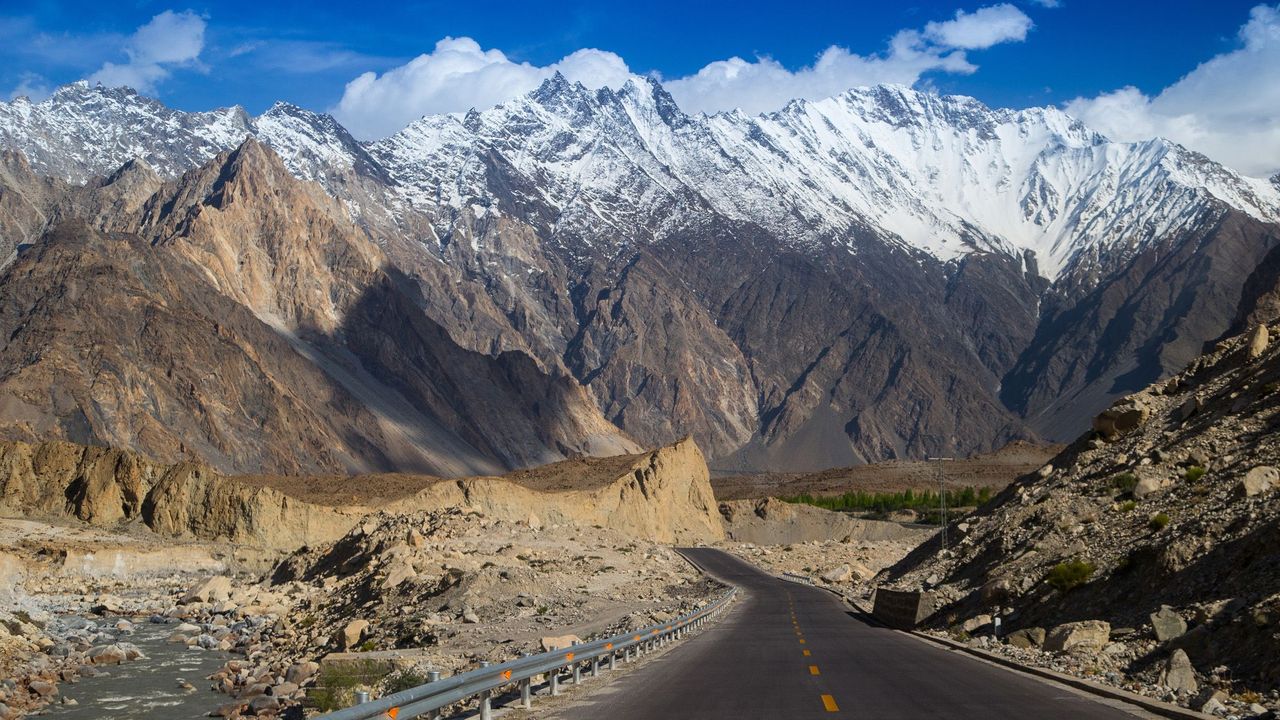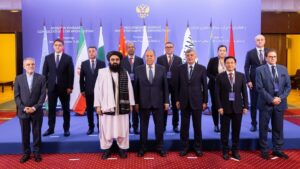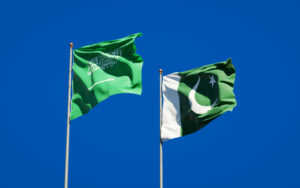1 ) High-ranking official states that agenda items will be confirmed next week.
2 ) Minister affirms completion of agenda by next week.
3 ) Pakistan will once more pursue funding for the Rohri–Multan railway line.
Pakistan is preparing the agenda for the forthcoming Joint Cooperation Committee (JCC) meeting related to CPEC, which features a request for financing the updated Rs502-billion Karakoram Highway (KKH) Phase-II initiative, Recon Click reported.
The JCC plans to convene on September 26 in Beijing, with the agenda featuring the wish list that includes KKH-II, Mainline (ML-1), and Eastbay Expressway.
Federal Minister for Planning Ahsan Iqbal stated that the work is ongoing and will be completed next week.
When inquired about the updated expense of KKH-II, he stated it was RMB 5.9 billion for 100km new alignment of the section, which will be incorporated into it. The KKH-II realignment has increased the project’s cost to Rs502 billion as sanctioned by the Ecnec.
Pakistan seeks funding for KKH Phase-II and the Eastbay Expressway, additionally, a new request for $500 million will be submitted for the Rohri–Multan segment of ML-1. The Asian Development Bank (ADB) has committed to provide $1.2 billion in funding for the Karachi–Rohri segment of ML-1.
Pakistan will once more reach out to China to obtain funding for the Rohri–Multan track to facilitate a financing consortium in collaboration with the ADB.
The initial phase of ML-1 will include the Karachi–Rohri segment, with contract awards anticipated by March 2026, targeting a completion date of 2028. This area is strategically important, as it will serve for moving output from the Reko Diq mining project.
The estimated cost for the KKH realignment is Rs502 billion, with a significant portion of the financing being sought from China.
The Eastbay Expressway, a 14-kilometer connection between Reko Diq and the new Gwadar International Airport, will exceed Rs30 billion in cost, with Pakistan aiming for 85% funding from China.
Apart from infrastructure, both parties have consented to enhance collaboration in five key sectors — growth, green economy, regional development, livestock, and agriculture — and to adopt a multilateral financing approach for ML-1





